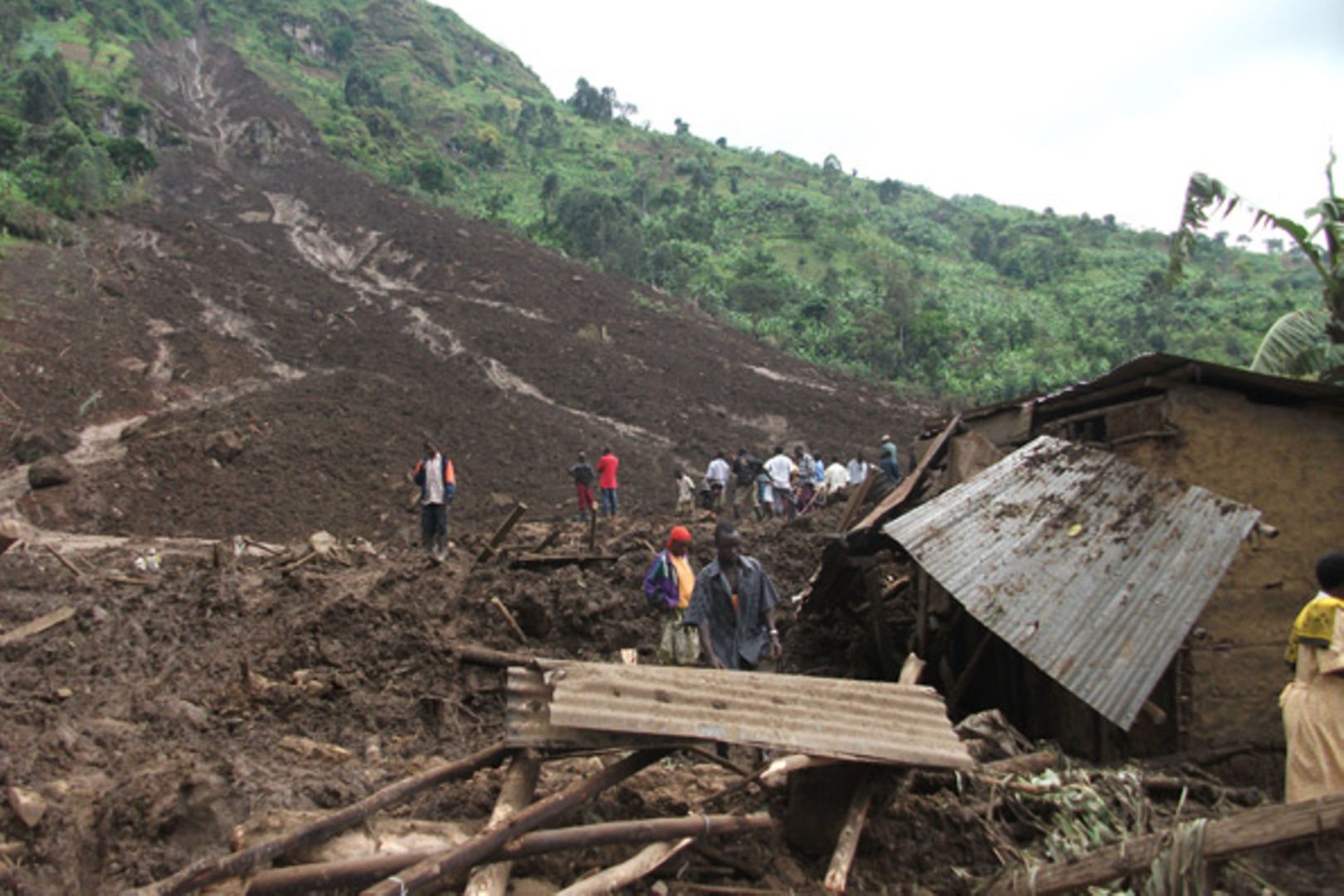Uganda's resilience in the face of climate change effects

In Uganda, climate change has posed significant challenges. The country has experienced increased frequency and intensity of extreme weather events, including droughts, floods and landslides especially in Kasese, Mbale,Bududa and Kisoro among others.
Experts have attributed global warming to human activities.
Keep Reading
These events have disrupted agricultural activities, leading to food insecurity and loss of livelihoods, particularly for rural communities who rely heavily on rain-fed agriculture.
Additionally, the degradation of natural resources, such as deforestation and soil erosion, has further exacerbated environmental vulnerabilities.
Rising temperatures and unpredictable rainfall patterns have also contributed to the spread of diseases like malaria and waterborne illnesses.
What to do
To address these challenges, Uganda must prioritize climate adaptation measures, such as promoting climate-smart agriculture, enhancing water management systems, and implementing early warning systems for natural disasters.
International support and cooperation are crucial for Uganda to build resilience against climate change and ensure sustainable development.
Developing countries must take urgent action to manage climate change. They need to prioritize mitigation efforts by transitioning to renewable energy sources, improving energy efficiency, and reducing deforestation.
Additionally, adaptation measures are crucial, including building resilient infrastructure, implementing sustainable agriculture practices, and enhancing water management systems.
International cooperation is essential for technology transfer, financial assistance, and knowledge sharing.
Policymakers should enforce environmental regulations, incentivize green investments, and integrate climate considerations into national development plans.
Community engagement is vital, involving local communities in decision-making processes, raising awareness, and empowering vulnerable populations to adapt.
By addressing these aspects comprehensively, developing countries can effectively manage climate change and build a sustainable future for generations to come.



















